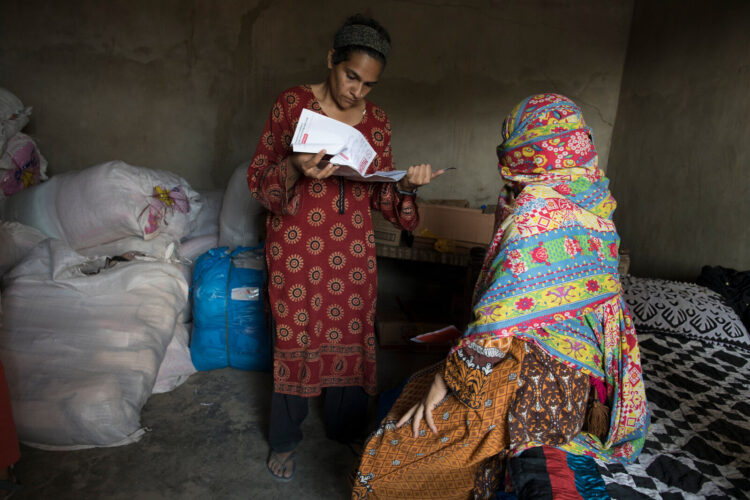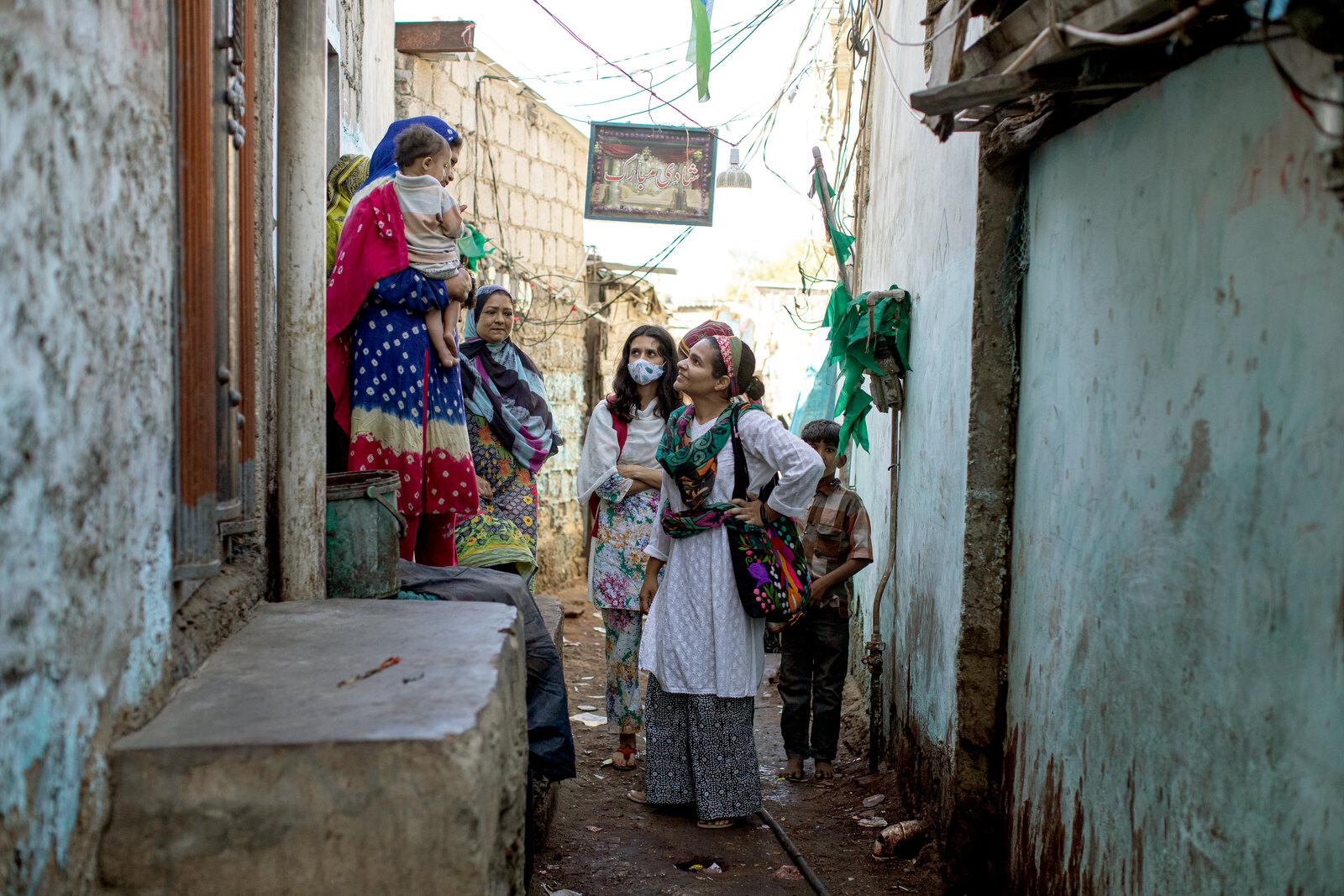Returning Power to Women: Midwives and Post-Abortion Care

By Neha Mankani, Midwife in Pakistan and Humanitarian Engagement and Climate Advisor for ICM
A few weeks ago, a young woman came to my community health clinic at Baba Island, after taking pills from a local shop to manage an early miscarriage. The bleeding had not stopped, and by the time she arrived she was weak and anxious. She explained that she had delayed seeking care, ashamed to speak to her family, worried about how they might react.
Her story isn’t unusual. In communities like ours, as in many across Pakistan, women’s bodies are often treated as if they belong to everyone but themselves. Families, in-laws, neighbours all carry strong opinions about what a woman should or shouldn’t do. That sense of communal ownership makes it hard for women to speak openly about reproductive health, miscarriage, or abortion. When silence is reinforced by stigma, women are left with few safe options for care.
In Pakistan, restrictive and poorly understood abortion laws fuel hesitation and judgement among providers. The Guttmacher Institute’s 2023 assessment found that while 80% of facilities offer post-abortion care (PAC), half still use dilation and curettage (D&C)—a method the World Health Organization (WHO) no longer recommends due to high risks. Safer alternatives like manual vacuum aspiration (MVA) or medical management with misoprostol are available in only about a third of facilities, and fewer than 30% of primary health centres have referral transport. Meanwhile, the Population Council has documented how women frequently resort to roadside clinics which are often unsafe and unregulated without trained healthcare providers. In such settings, women not only face unsafe techniques but also miss out on essential aspects of PAC such as infection prevention and counselling. Where stigma discourages open conversations, contraception counselling is often skipped altogether—leaving women vulnerable to another unintended pregnancy.

For women already dealing with climate stress, poverty, and weak health system infrastructure, the consequences are devastating. A miscarriage or incomplete abortion—when managed poorly —can become life-threatening when protocols are neglected.
That’s why in my clinic I provide medical management of incomplete abortion with misoprostol, a WHO-recommended method and firmly within the scope of midwifery practice. Misoprostol is affordable, room-temperature stable, and safe when administered correctly. But medication alone isn’t enough. PAC is a package of care, and as midwives, our responsibility goes beyond clinical management. We ensure infection prevention, provide counselling on what to expect physically and emotionally, and give clear guidance on when to seek further help. Using WHO’s Self-Care Model, women can complete their treatment safely at home, with knowledge, privacy, and dignity.
Because complications can arise, at our clinic we’ve also built safe referral mechanisms into our care model. If a woman needs more specialised support, we ensure there’s a clear pathway to higher-level care, and that she isn’t left to navigate stigma or transport barriers alone. Even in low-resource settings, thoughtful communication and trusted links make care safer.
This embodies the spirit of Respectful Maternity Care (RMC)—which, while often discussed as it relates to childbirth, is just as vital in PAC. Providing respectful care means listening without judgement, offering privacy in places where women’s experiences are rarely their own, and supporting informed decisions—including about contraception. It means acknowledging women’s loss, validating their experiences, and treating them as owners of their bodies, not subjects of communal control.
The young woman who came to my clinic that day was able to complete her care safely and left with a clearer understanding of what had happened to her body, how to manage her recovery, and how to protect herself in the future. What made the difference was not only the treatment itself but also being supported without judgement and with reliable information.
When midwives provide PAC that follows evidence-based guidelines, with attention to infection prevention, counselling, and referral pathways, we help ensure women receive the safe, respectful care they deserve. In doing so, we strengthen women’s confidence in their own health and choices.